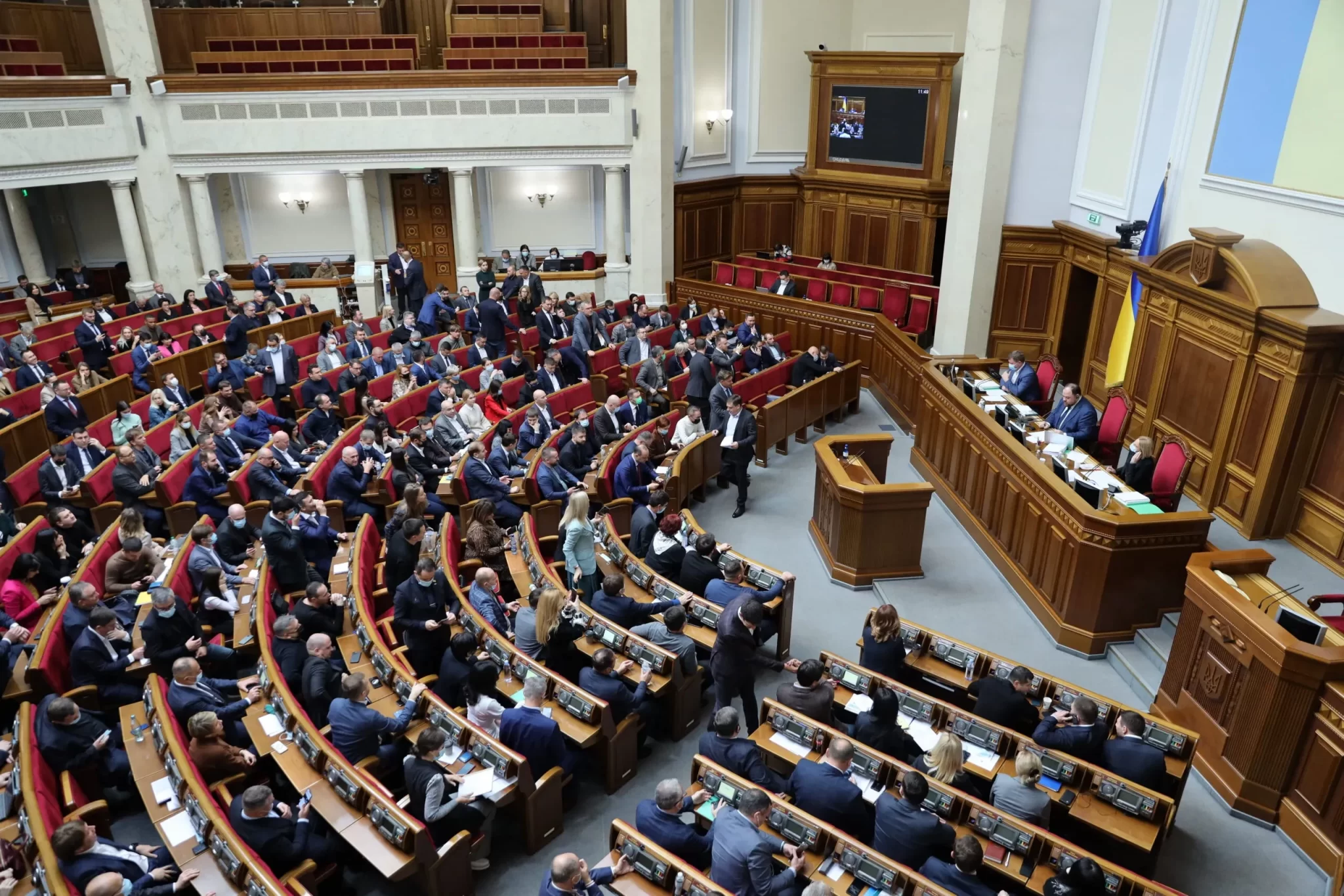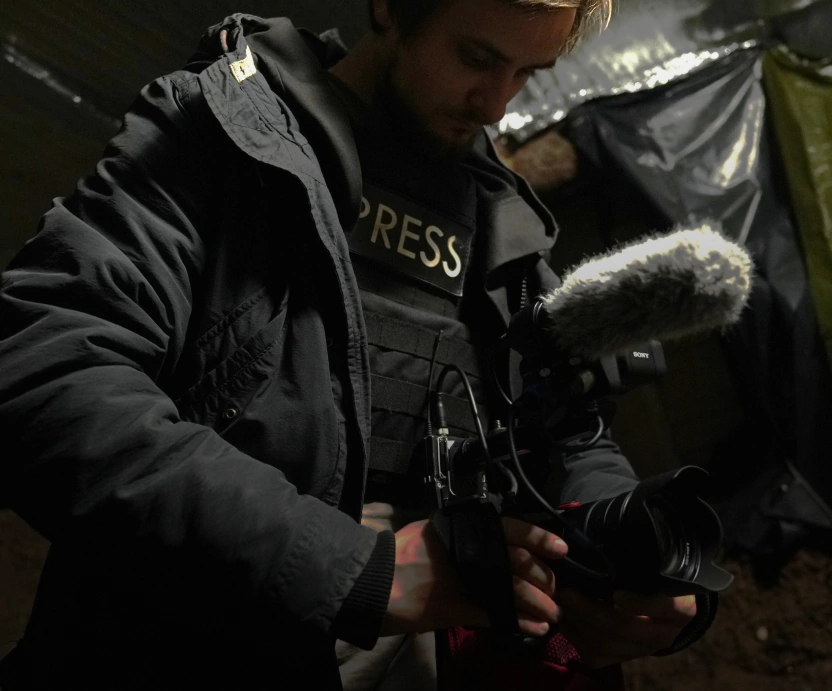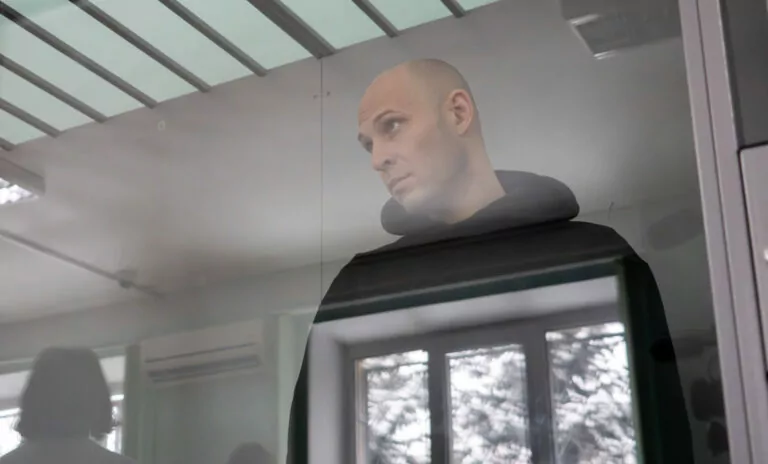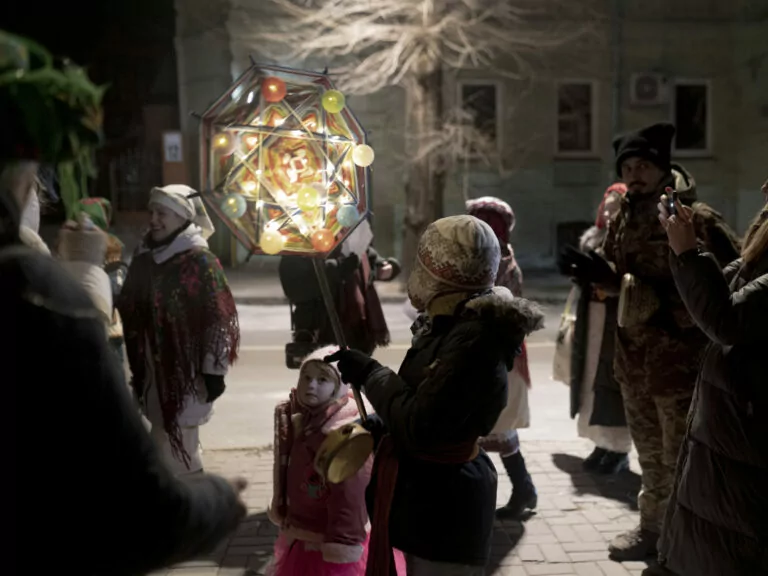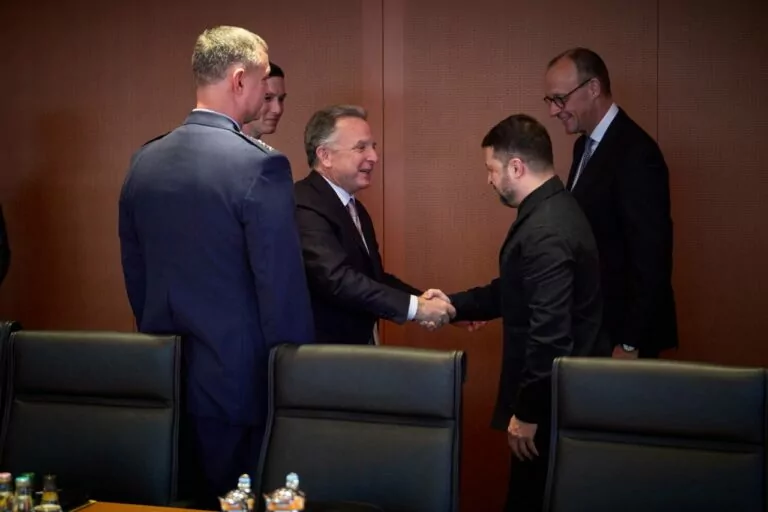Citizens trust their closest family members, relatives, and friends the most.
51% of Ukrainians do not trust politicians, while 26% believe in their honesty. A third of citizens also distrust state and local authorities. This is based on the results of the Rating Group research.
According to the survey, Ukrainians also distrust people of other nationalities. The researchers note that the lack of trust in people of other nationalities may be related to the attitude toward Russians and Belarusians as a result of the full-scale war.
However, citizens trust their closest family members the most – 96% of respondents have high trust in them, followed by relatives – 68% of respondents have high trust in them.
The survey says that friends and colleagues come next in terms of trust: 60% and 48%, respectively. According to the researchers, the family circle and immediate family members are the main part of Ukrainian citizens’ social capital.
In general, Ukrainian society has a positive radius of trust: those who trust others are somewhat more likely to distrust them than those who do not. However, a more detailed analysis reveals a significant difference in age groups. The oldest are the most “open” to others, while the youngest are the most “closed”.
The issue of youth in Ukraine and Western societies is one of the challenges of the modern world today. This situation is unfavorable for social capital, as a relatively higher level of distrust among young people, who are the main and most promising basis for the country’s human development, weakens the social capital of society and is a factor that requires deeper study and development of a separate strategy to overcome this phenomenon.
“The study’s results also confirmed the hypothesis that the level of openness and trust in others in social groups depends on the income level. Those with higher incomes demonstrate a much higher level of openness than those with lower incomes. At the same time, it should be borne in mind that the scale of income assessment is subjective, and the group of the most affluent in Ukrainian realities is often a strong middle class rather than really rich people,” the study adds.
Audience: population of Ukraine aged 18 and older in all oblasts, except for the temporarily occupied territories of Crimea and Donbas, as well as areas where Ukrainian mobile communication was not available at the time of the survey. The results are weighted using the latest data from the State Statistics Service of Ukraine. The sample is representative by age, settlement type, and region of residence. Sample population: 2000 respondents. Survey method: CATI (Computer Assisted Telephone Interviewing). Based on a random sample of mobile phone numbers. Statistical sampling error (with a confidence level of 0.95): no more than 2.2% for values close to 50%, no more than 1.9% for values close to 25%, no more than 1.3% for values close to 10%, no more than 0.8% for values close to 5%.
More from Gwara
Survey: most Ukrainians believe elections should be held after the war. Some respondents support the idea of an election despite the war and believe that the election should be held remotely.
Most Ukrainians have relatives or friends who were wounded or killed by Russia’s invasion of Ukraine. Among those who have such close relatives or friends, the average (median value was used) was 7. On average, such respondents have seven close relatives or friends who were injured or killed.
New faces after the victory: most Ukrainians want changes in Parliament. After Russia’s full-scale invasion began, trust in Ukrainian state institutions increased, while the issue of whether it was advisable to renew the central government after the victory arose.
